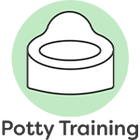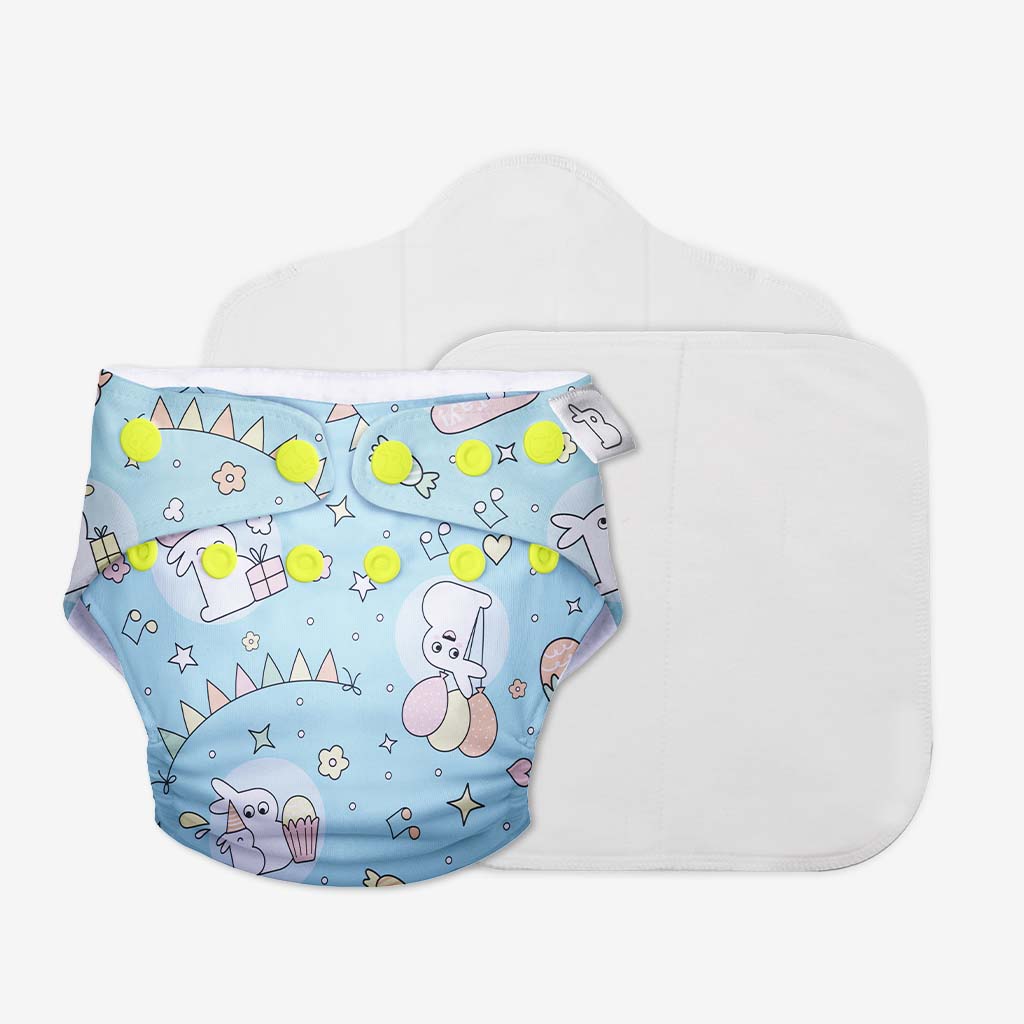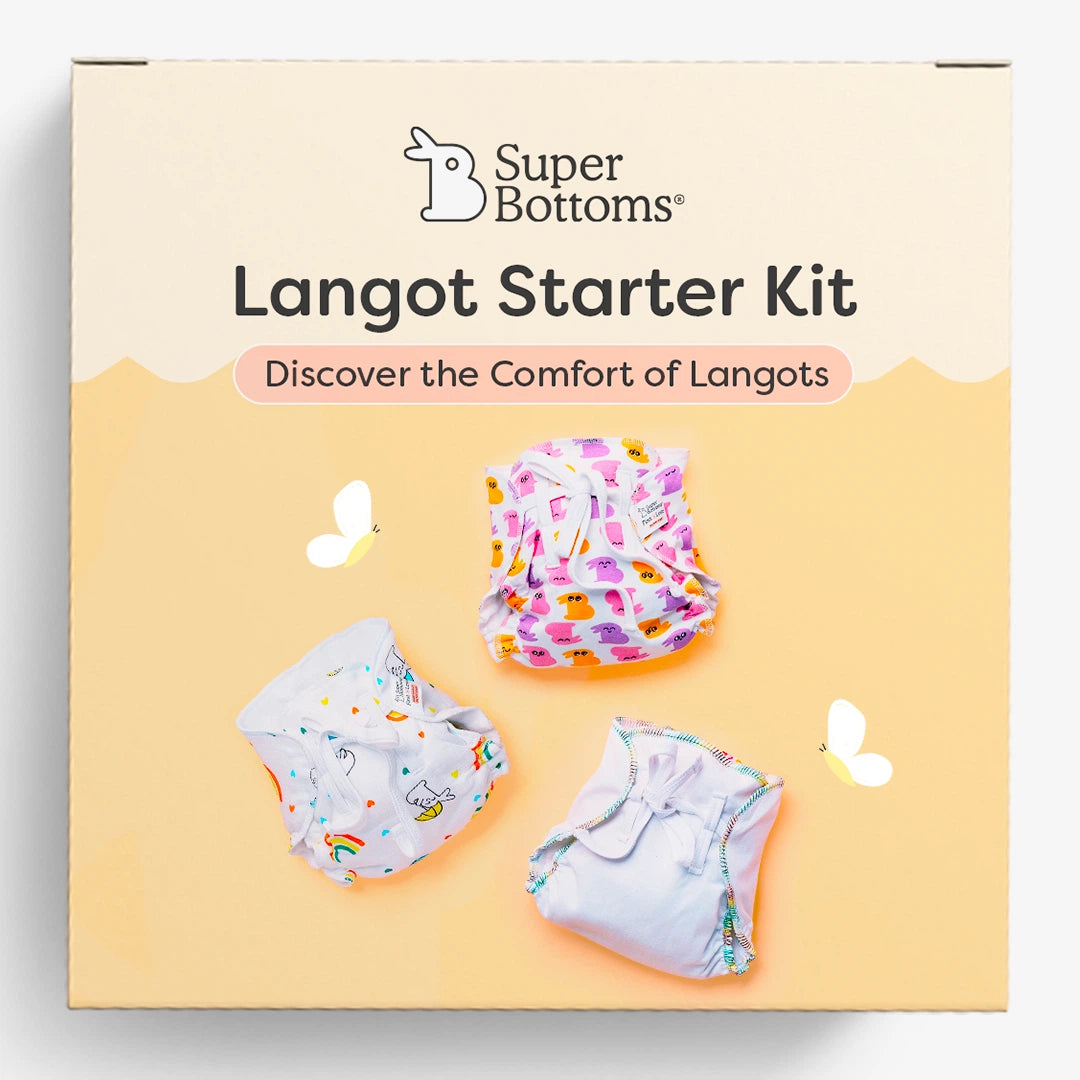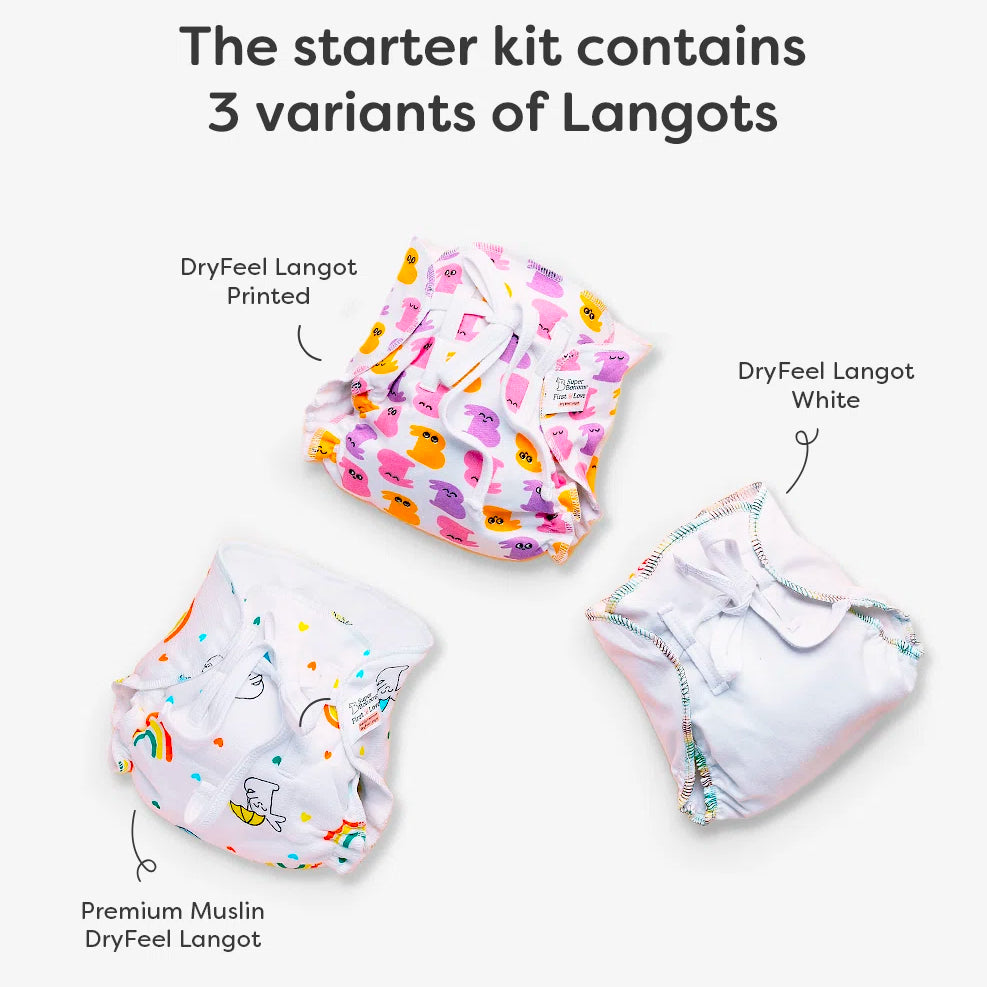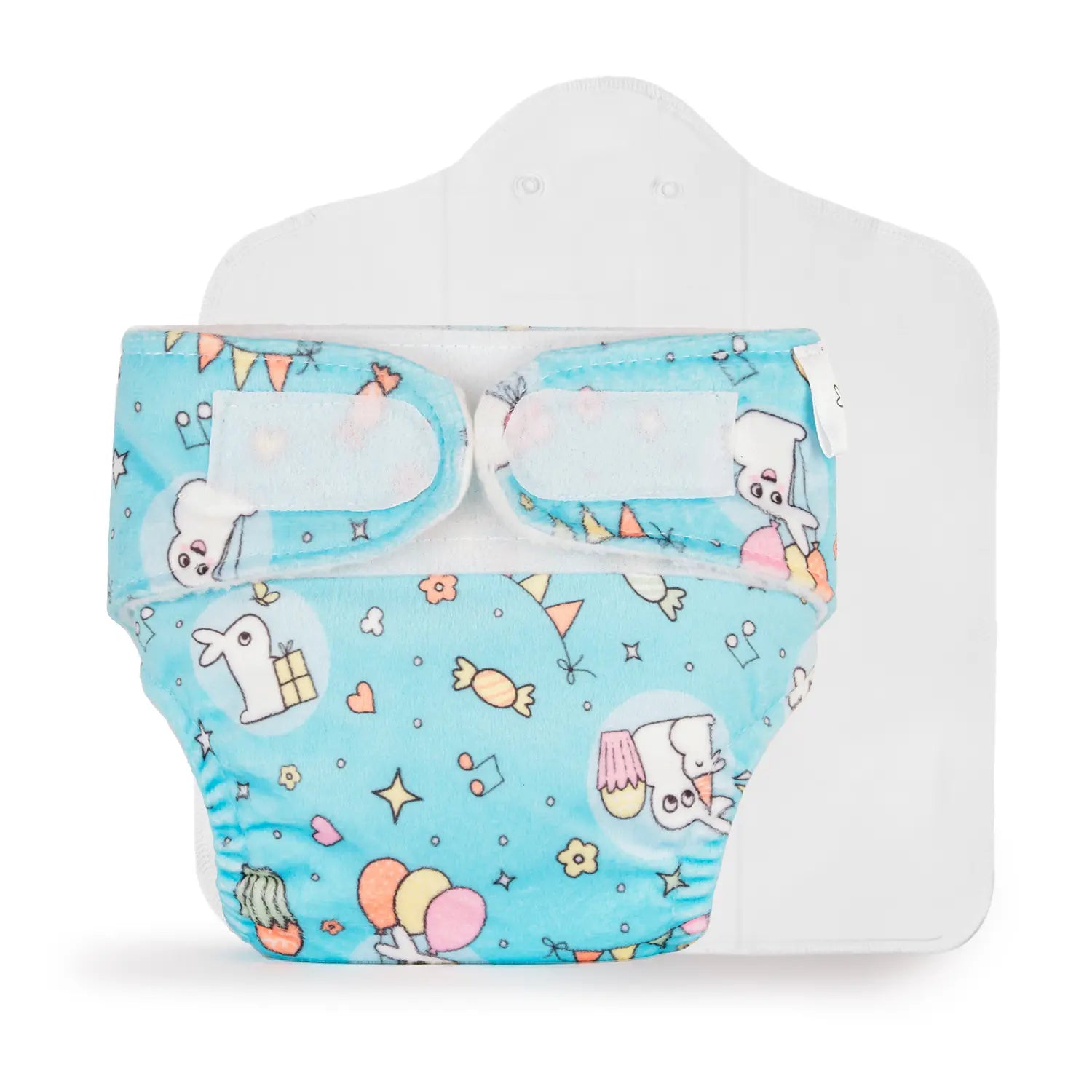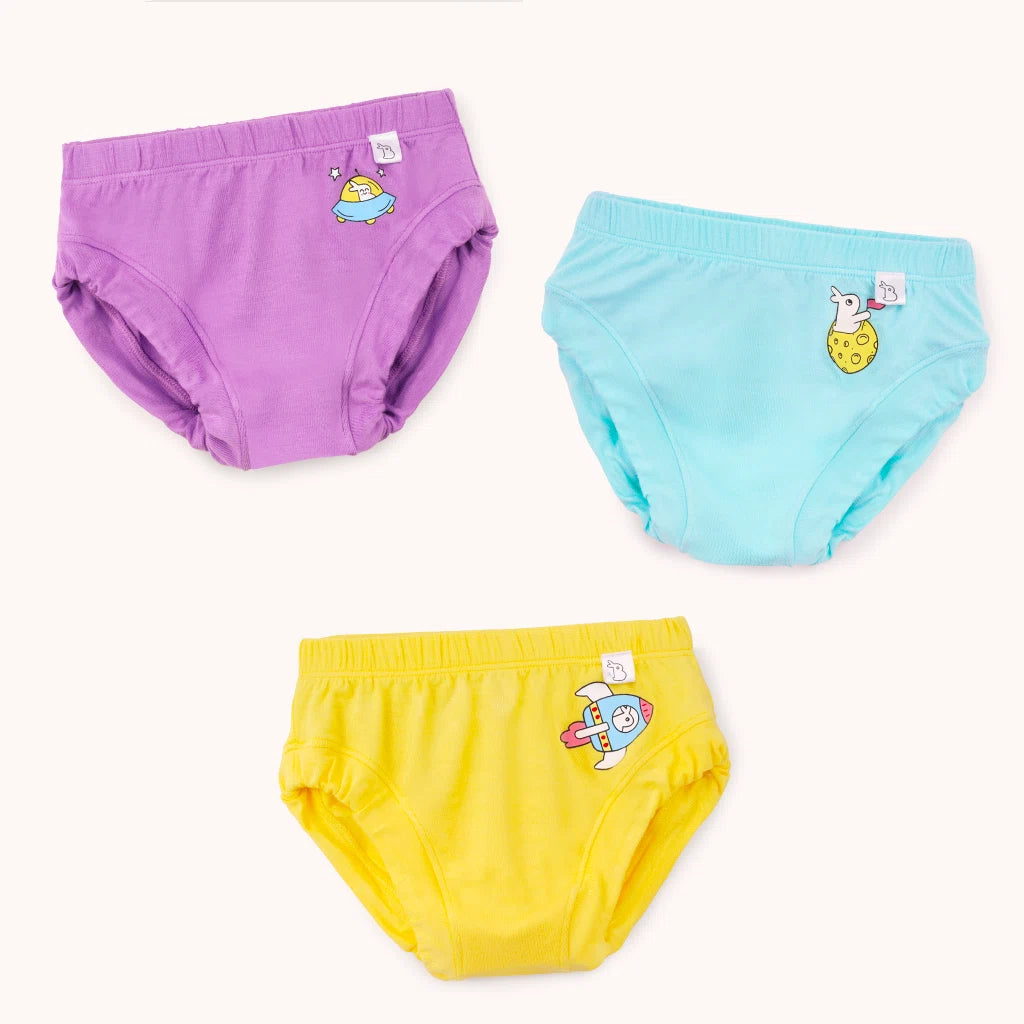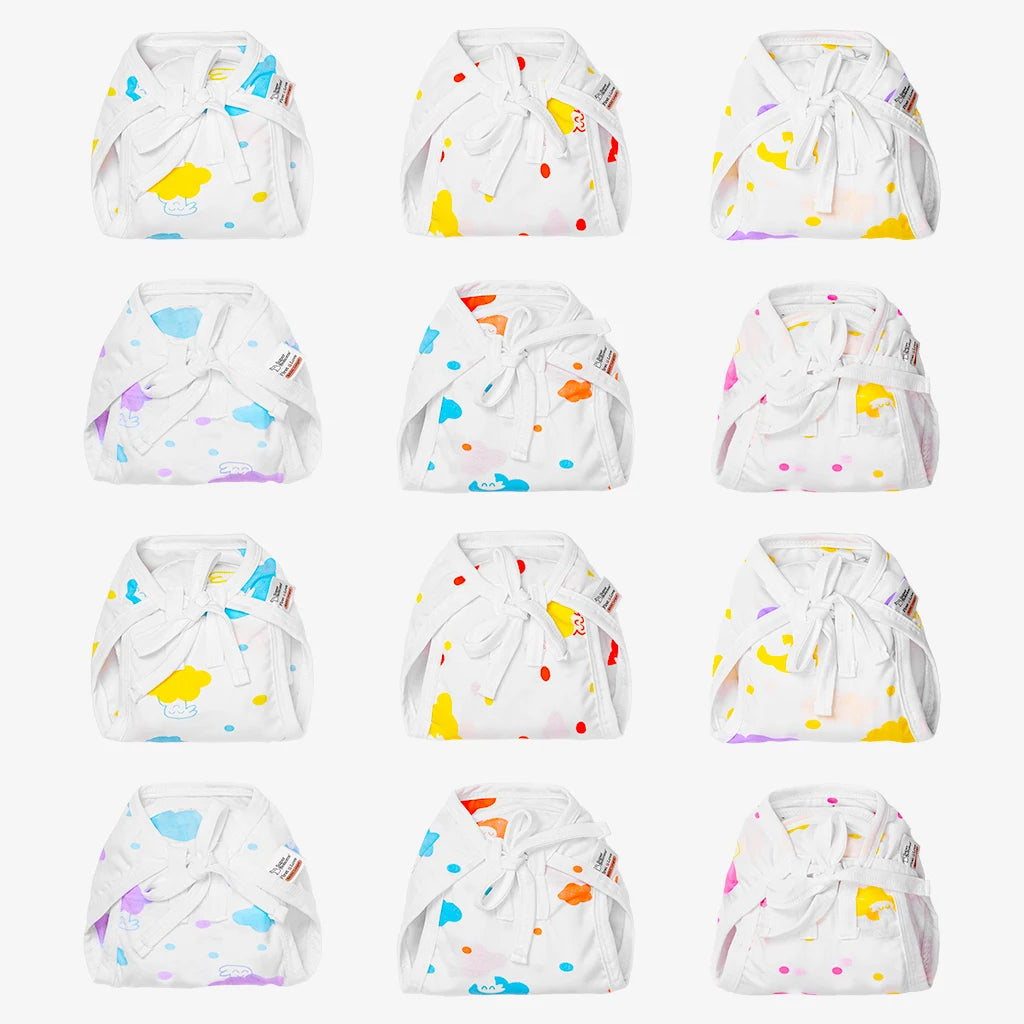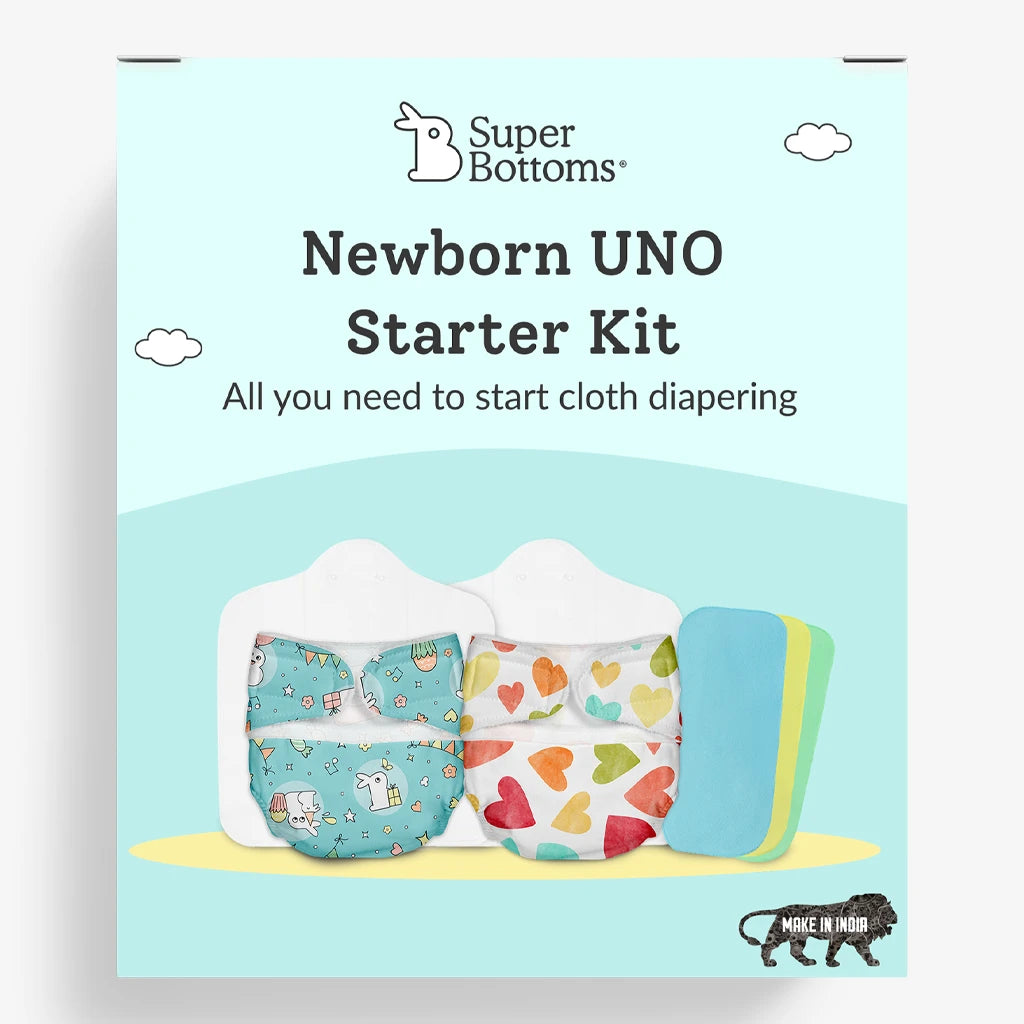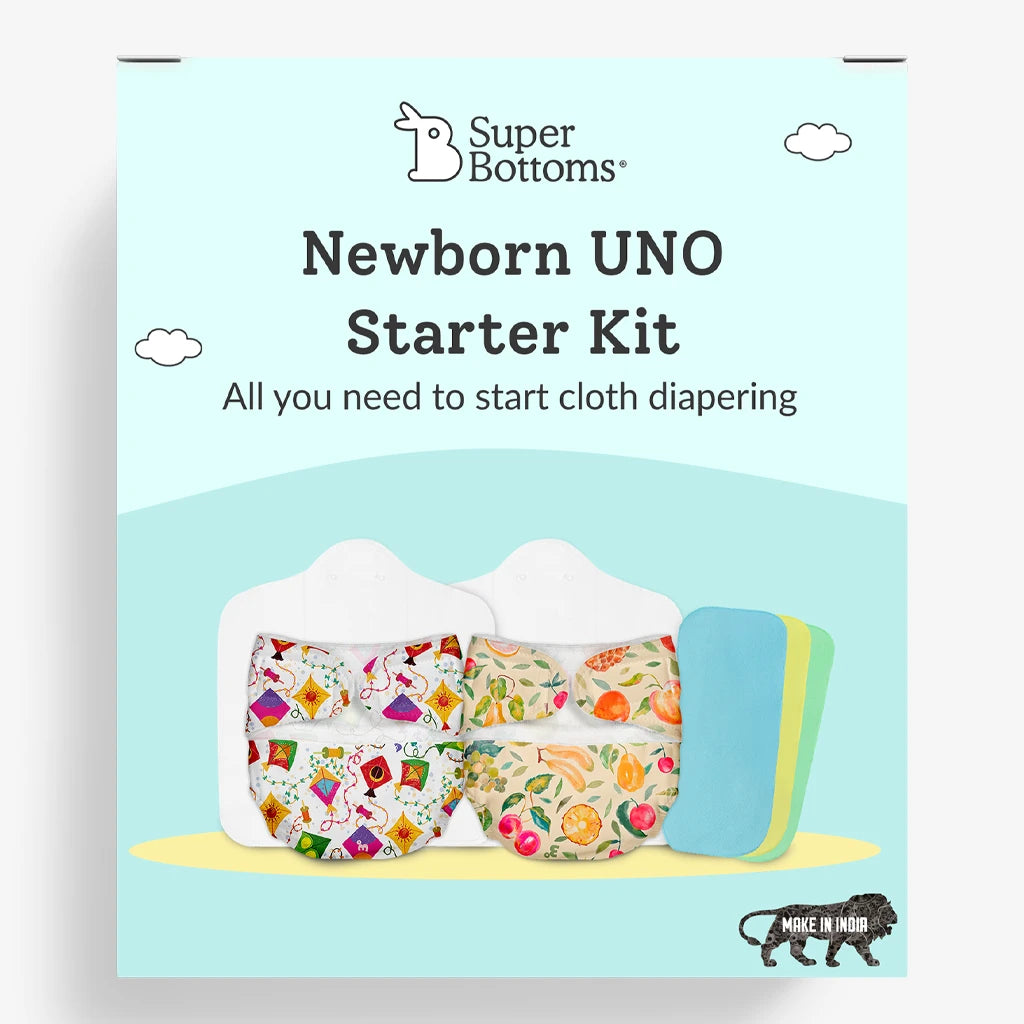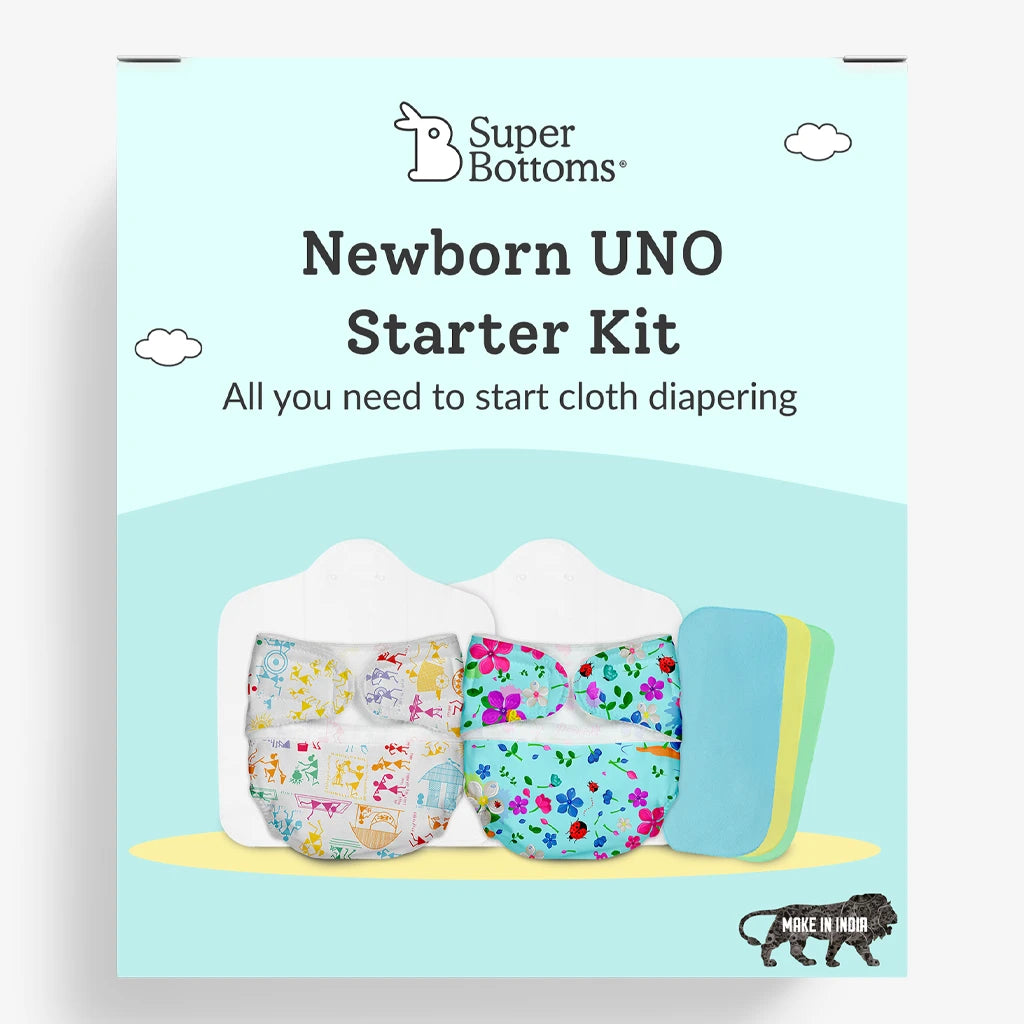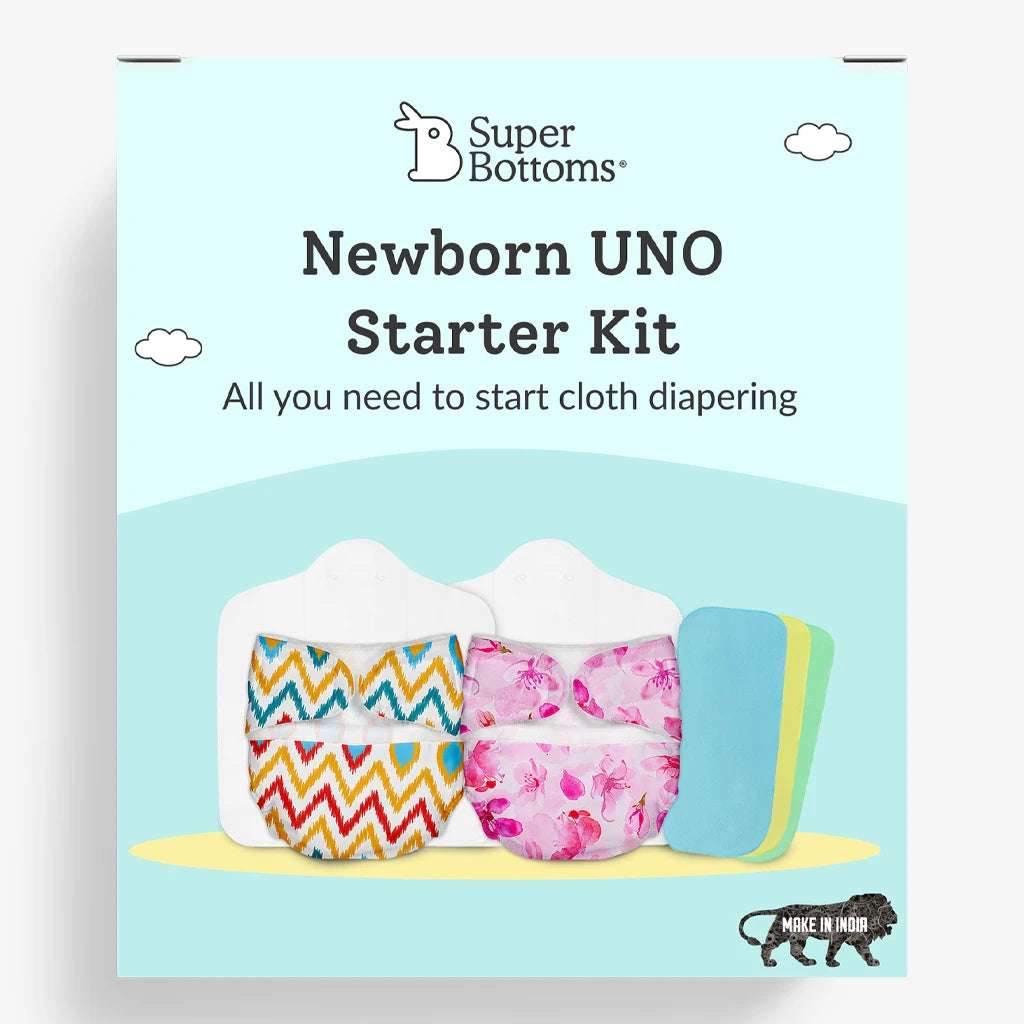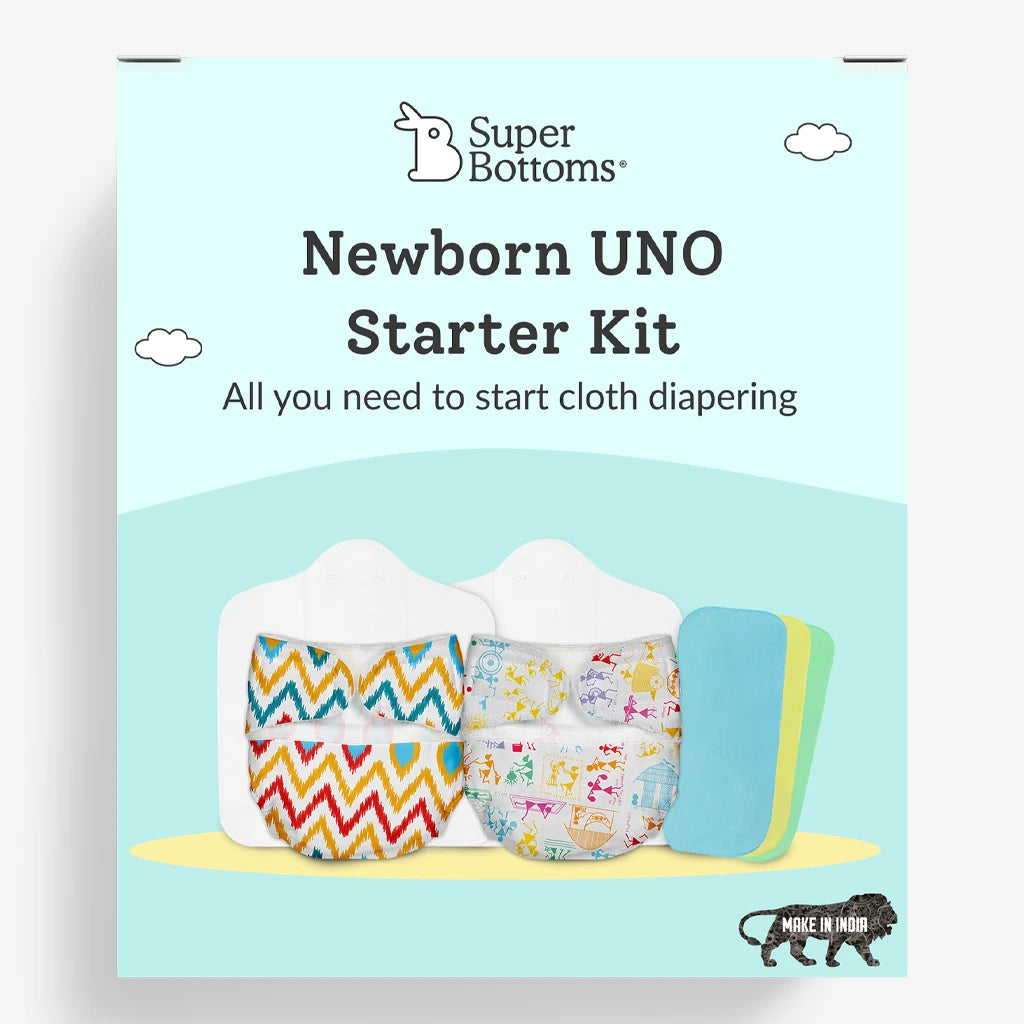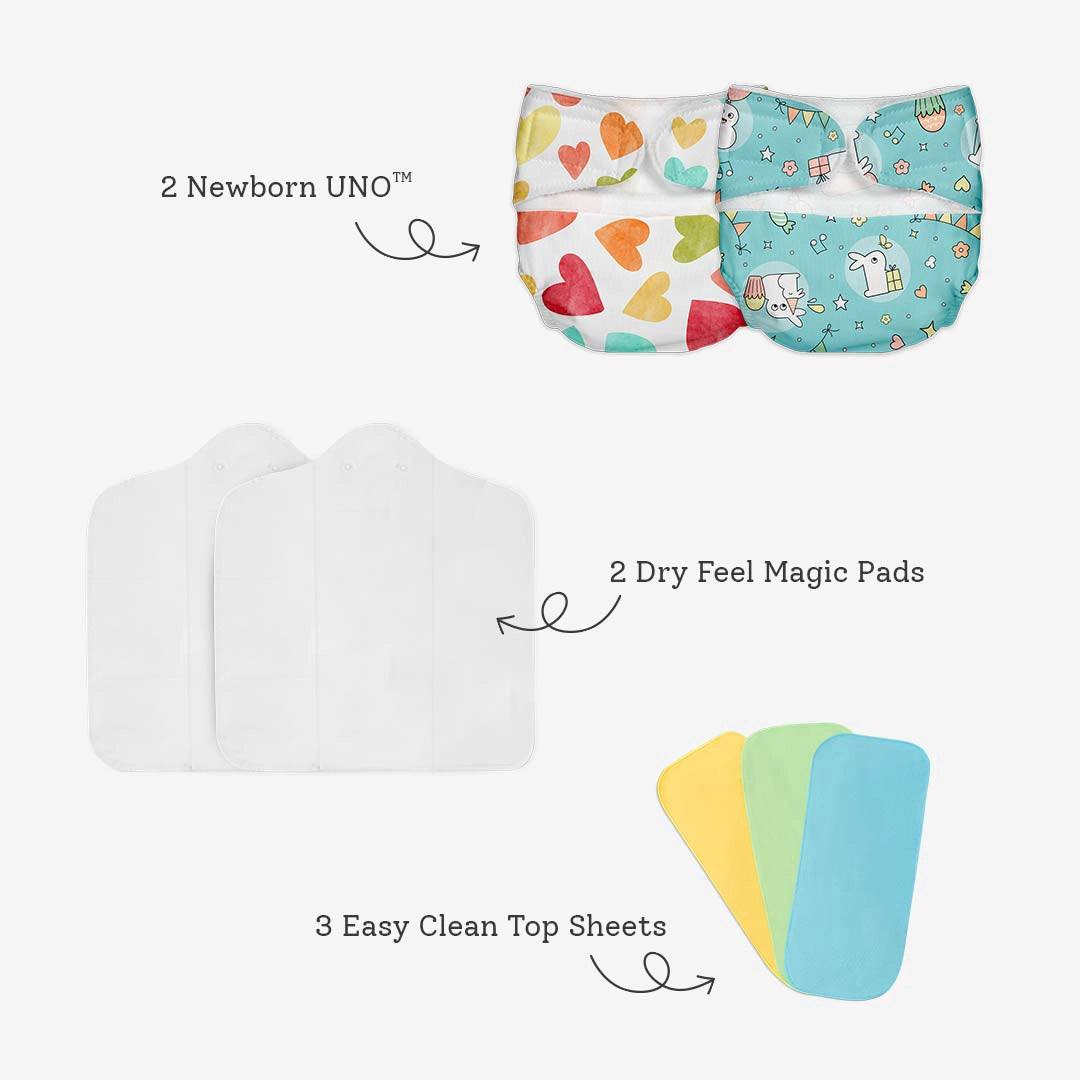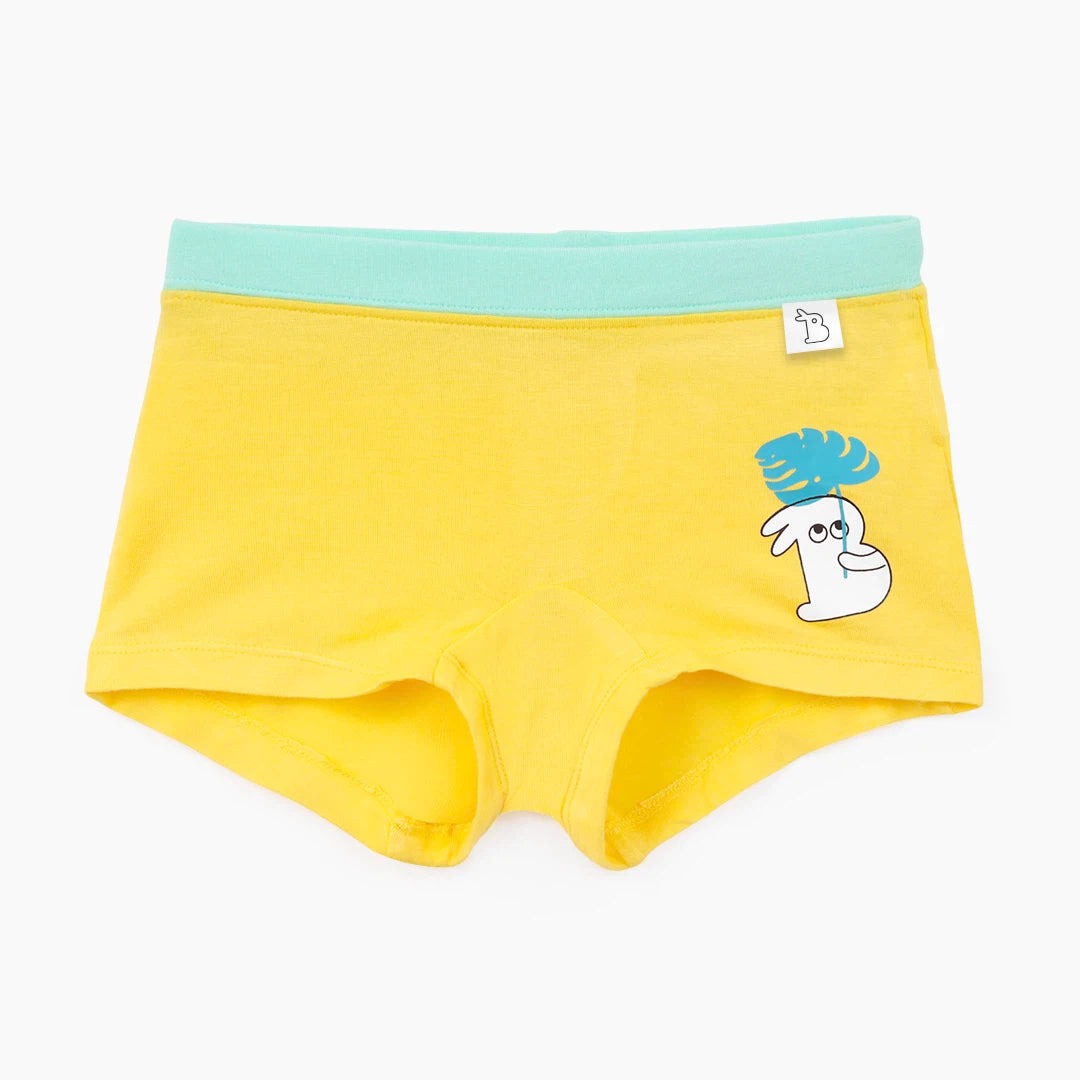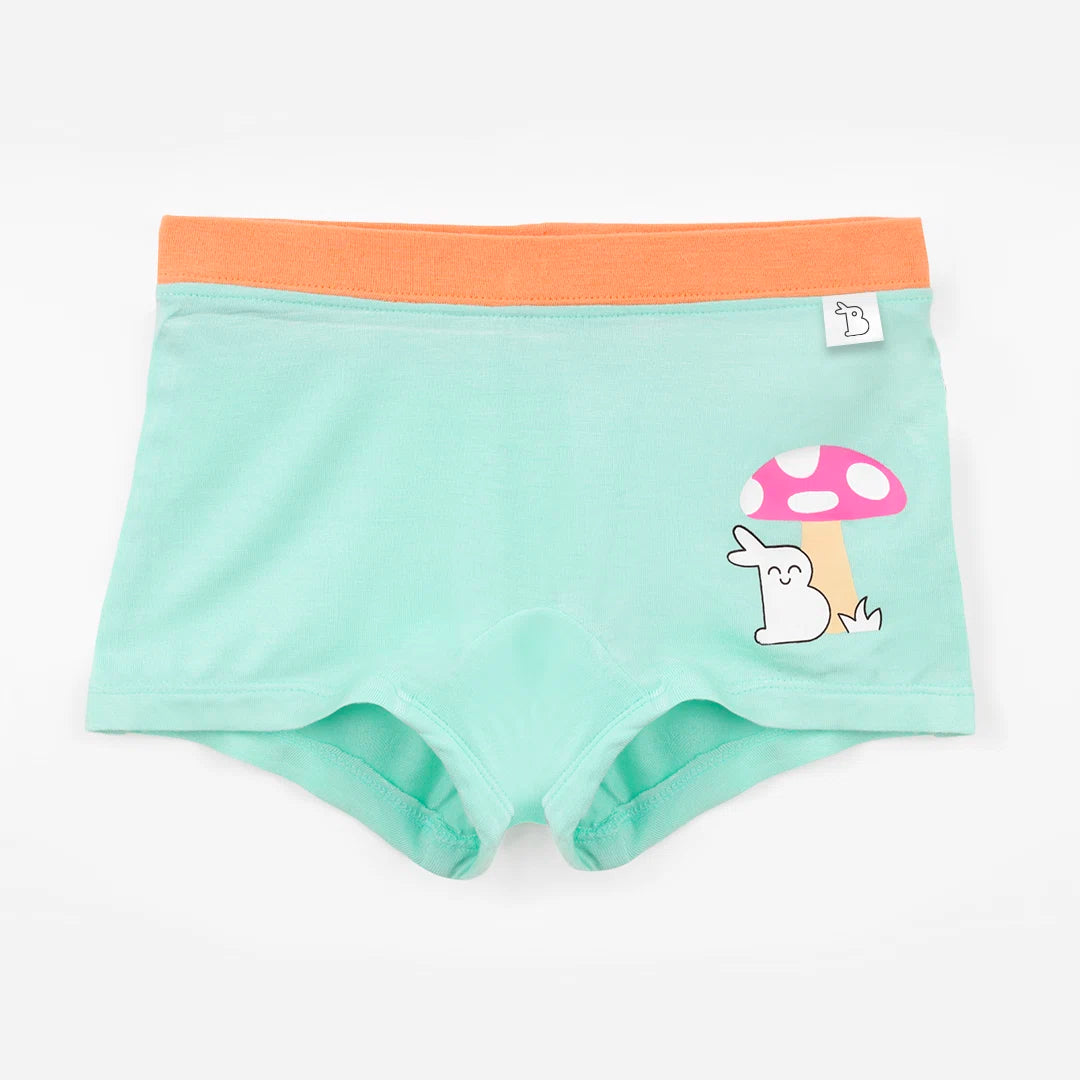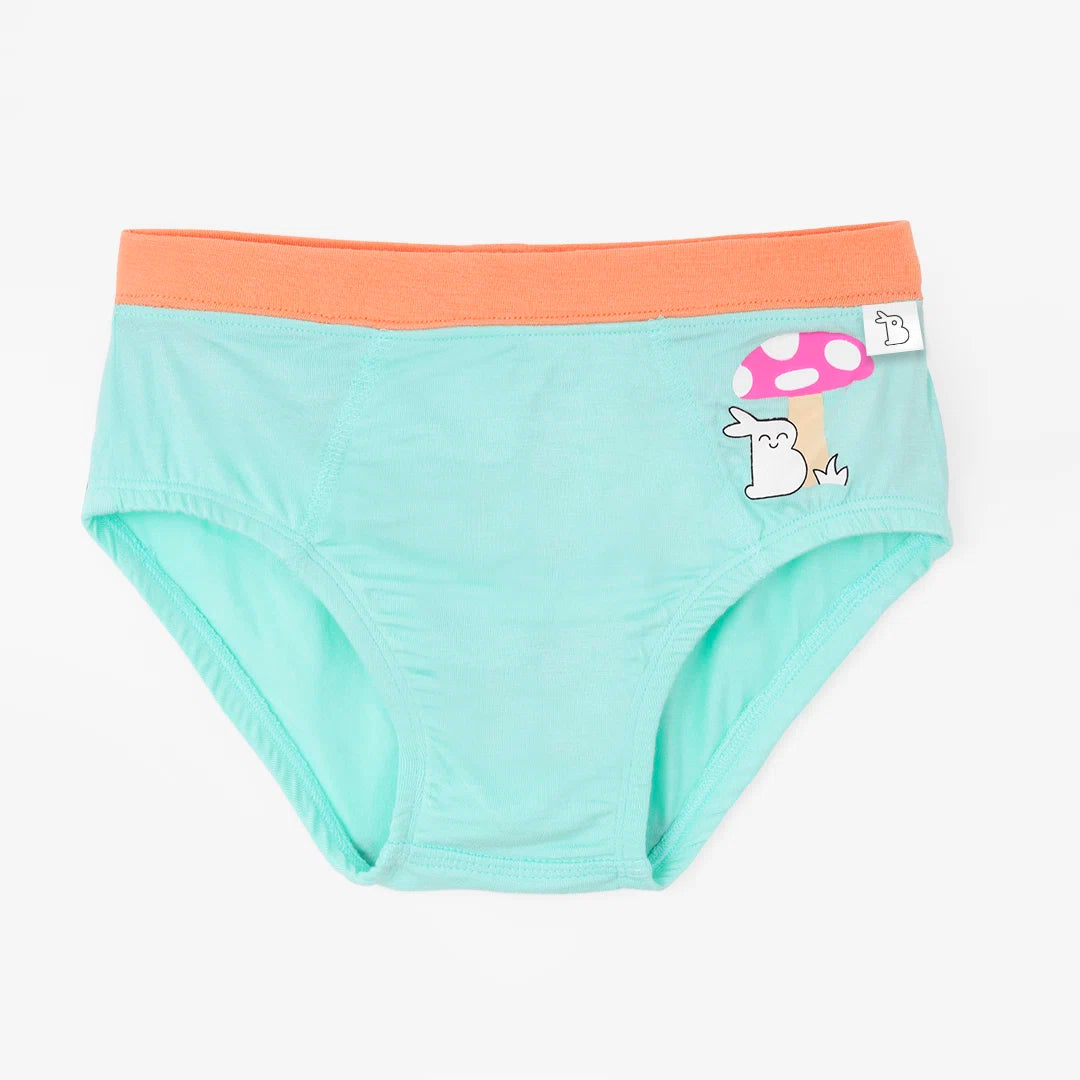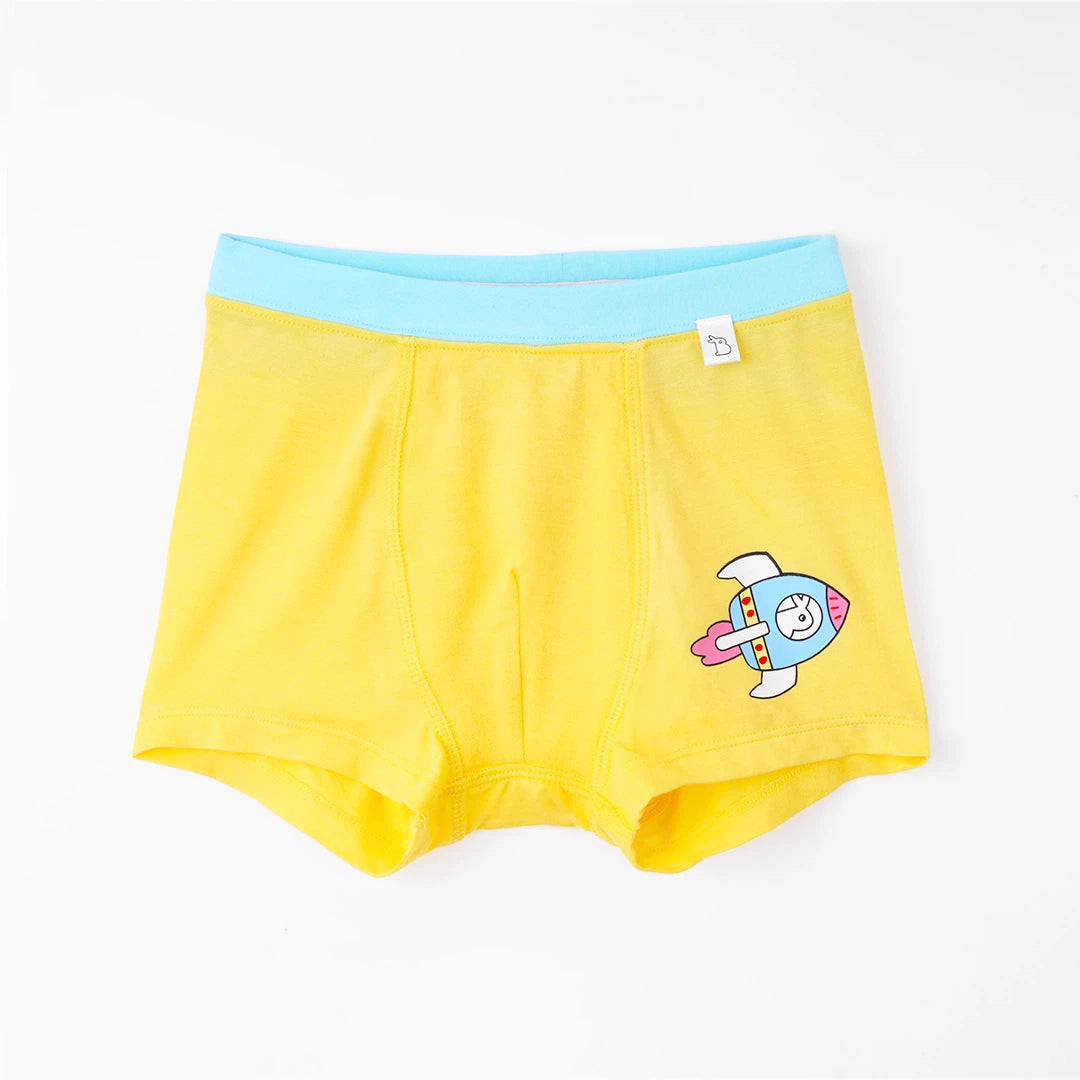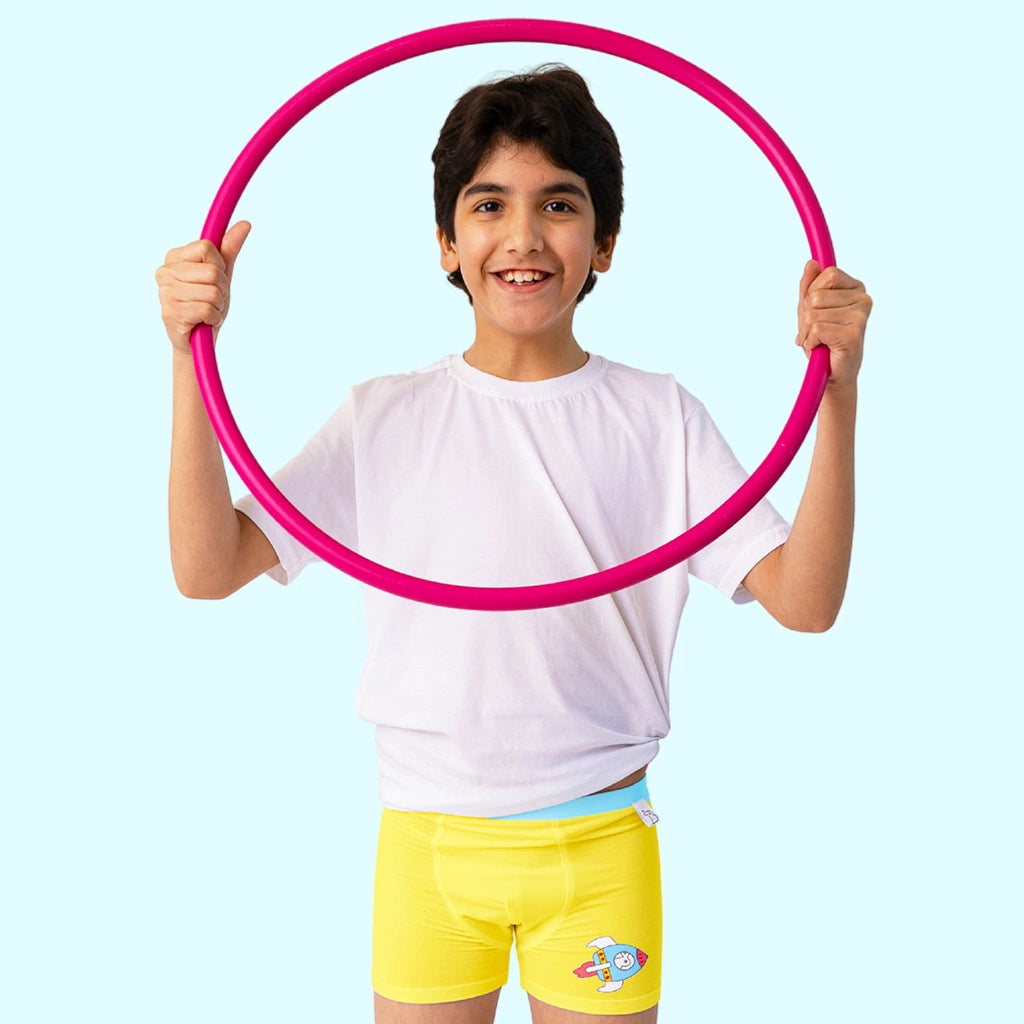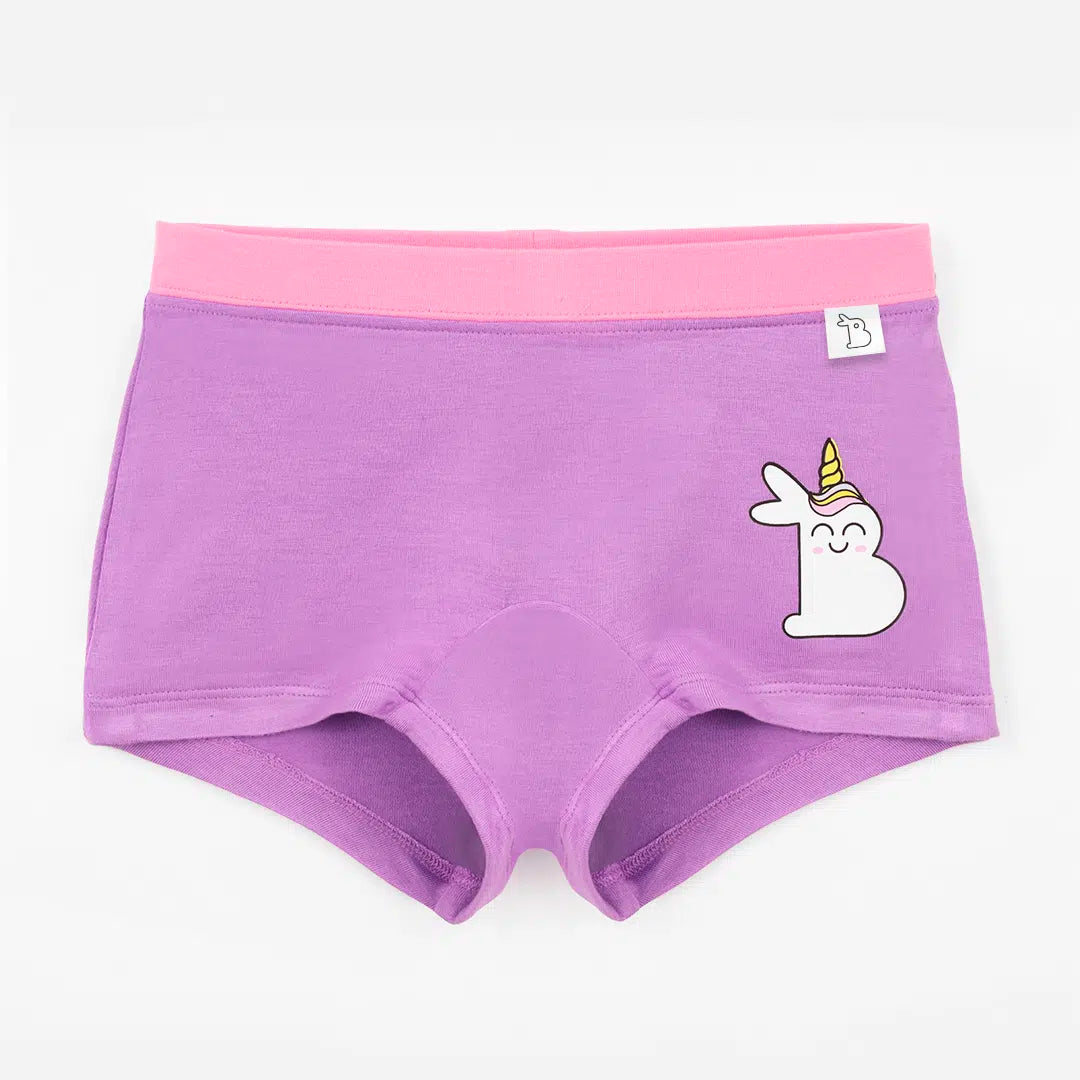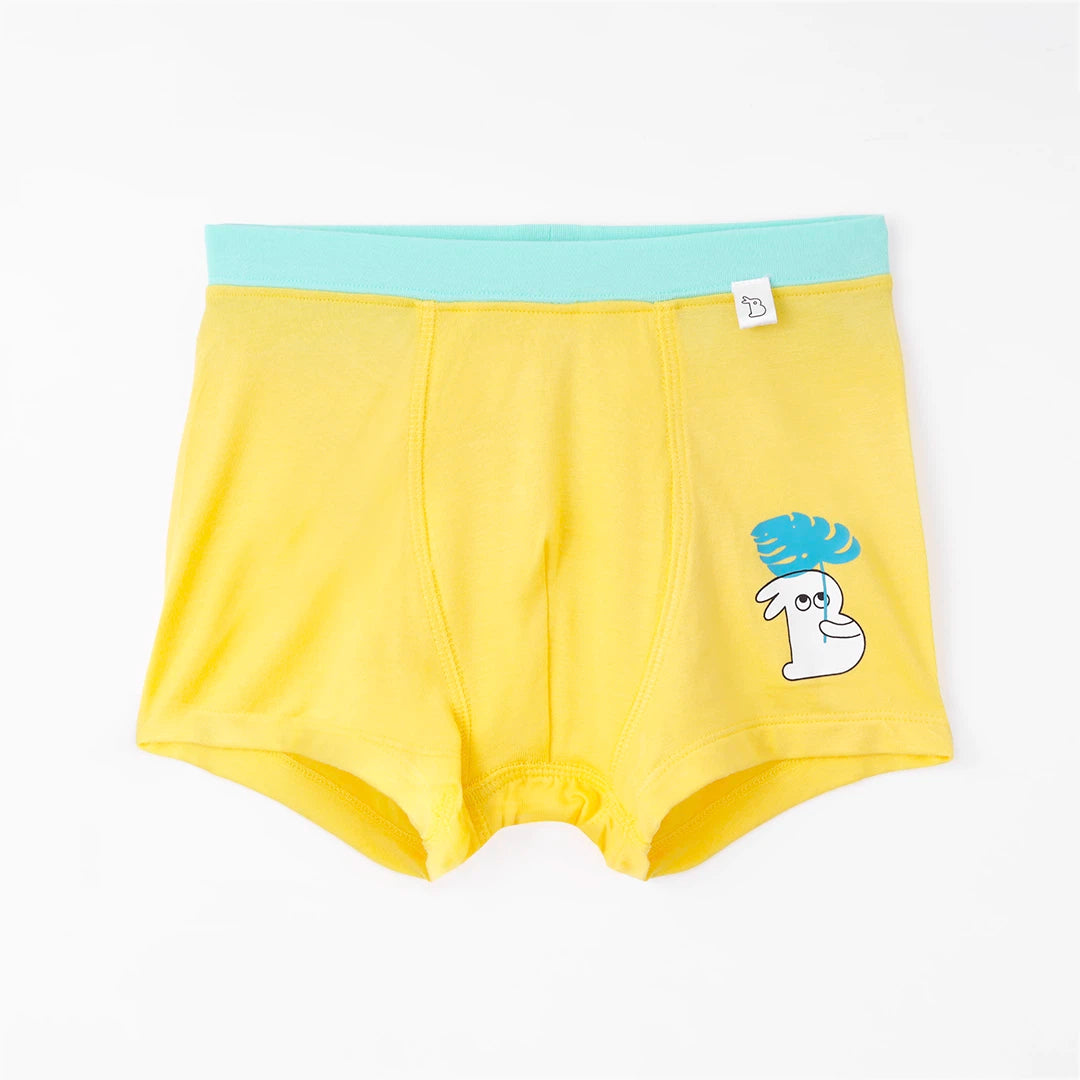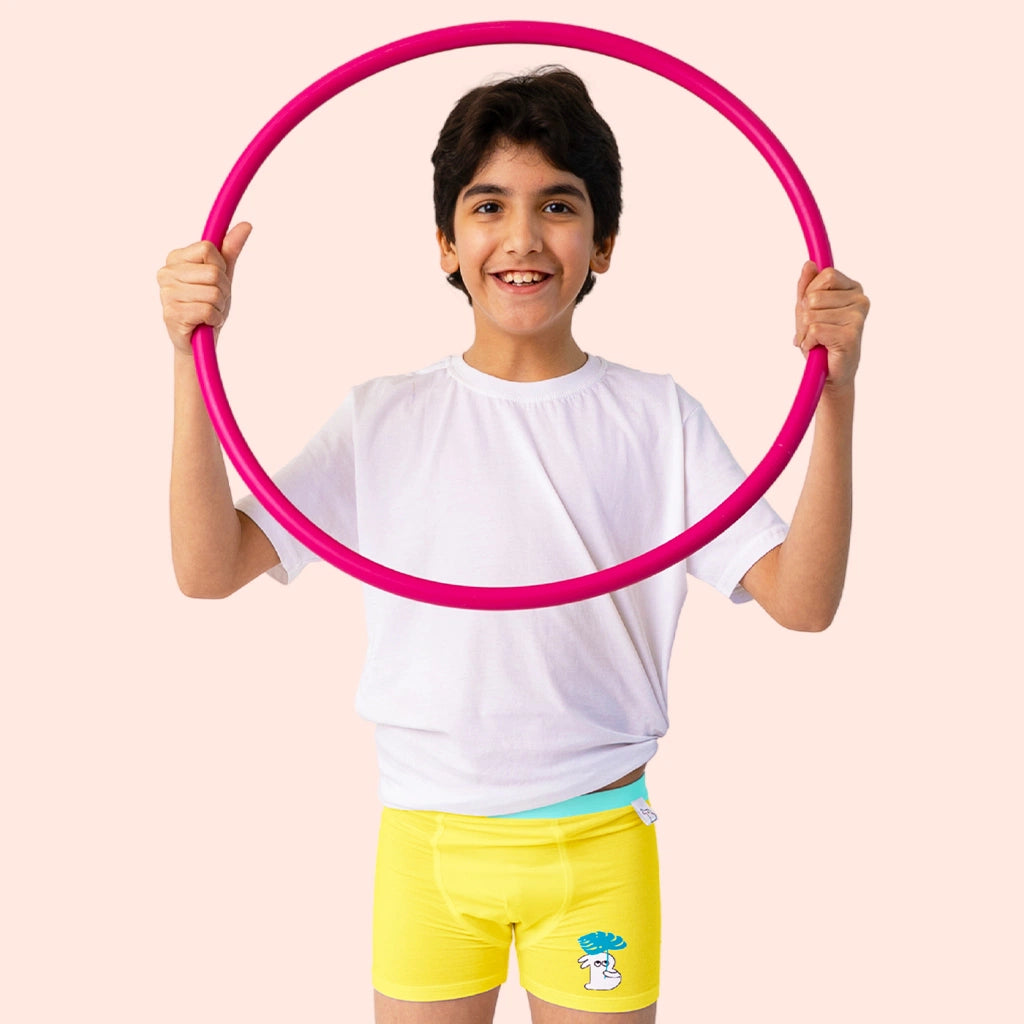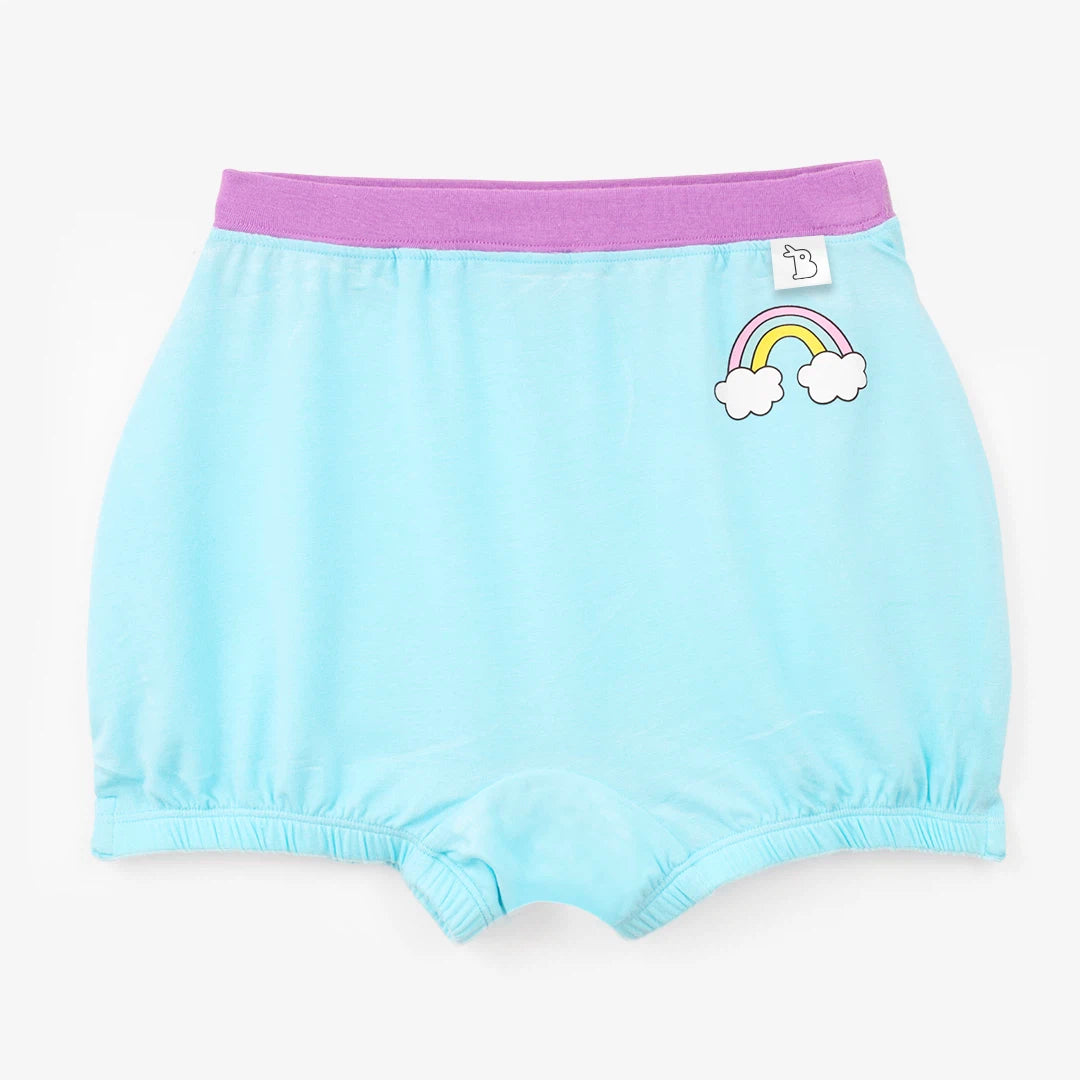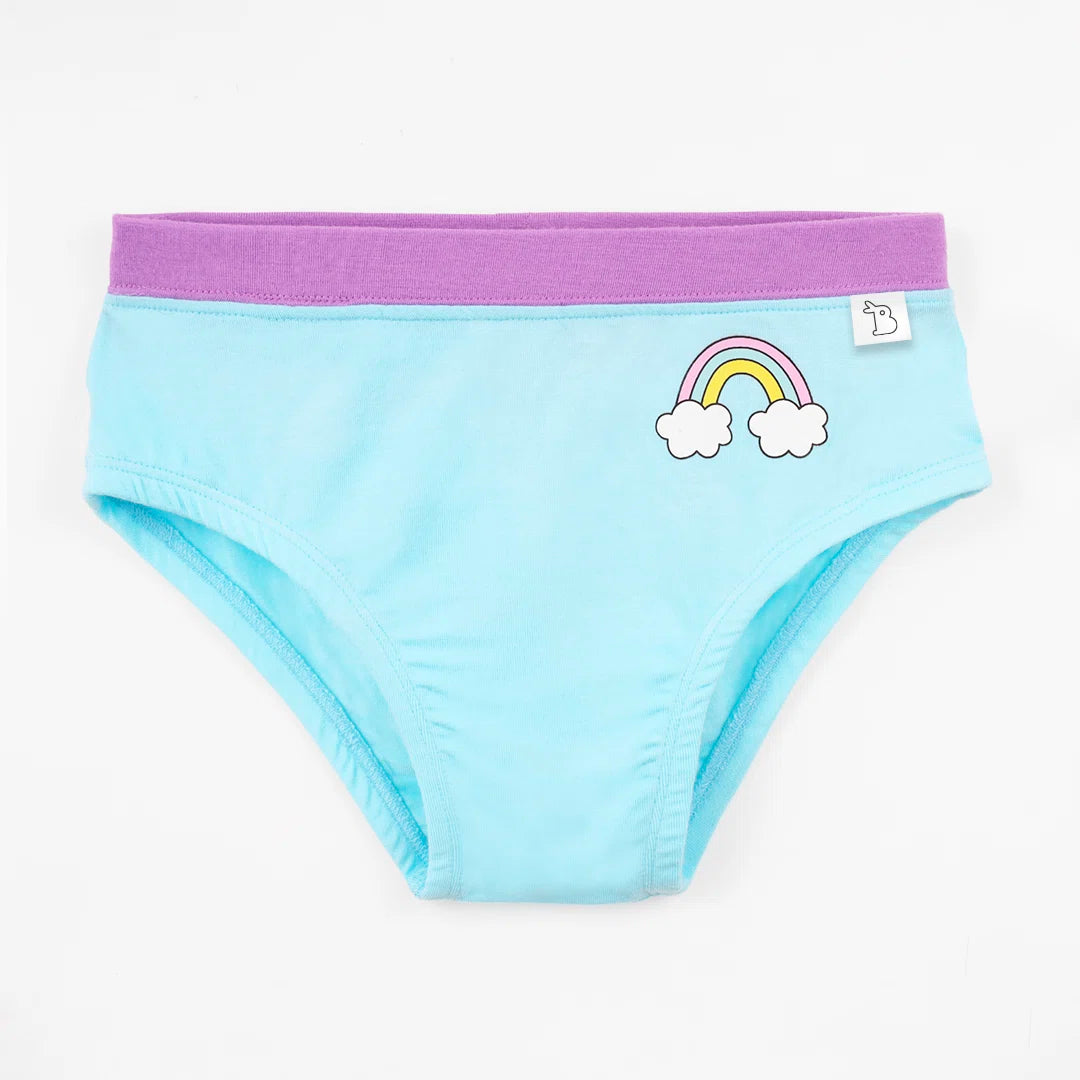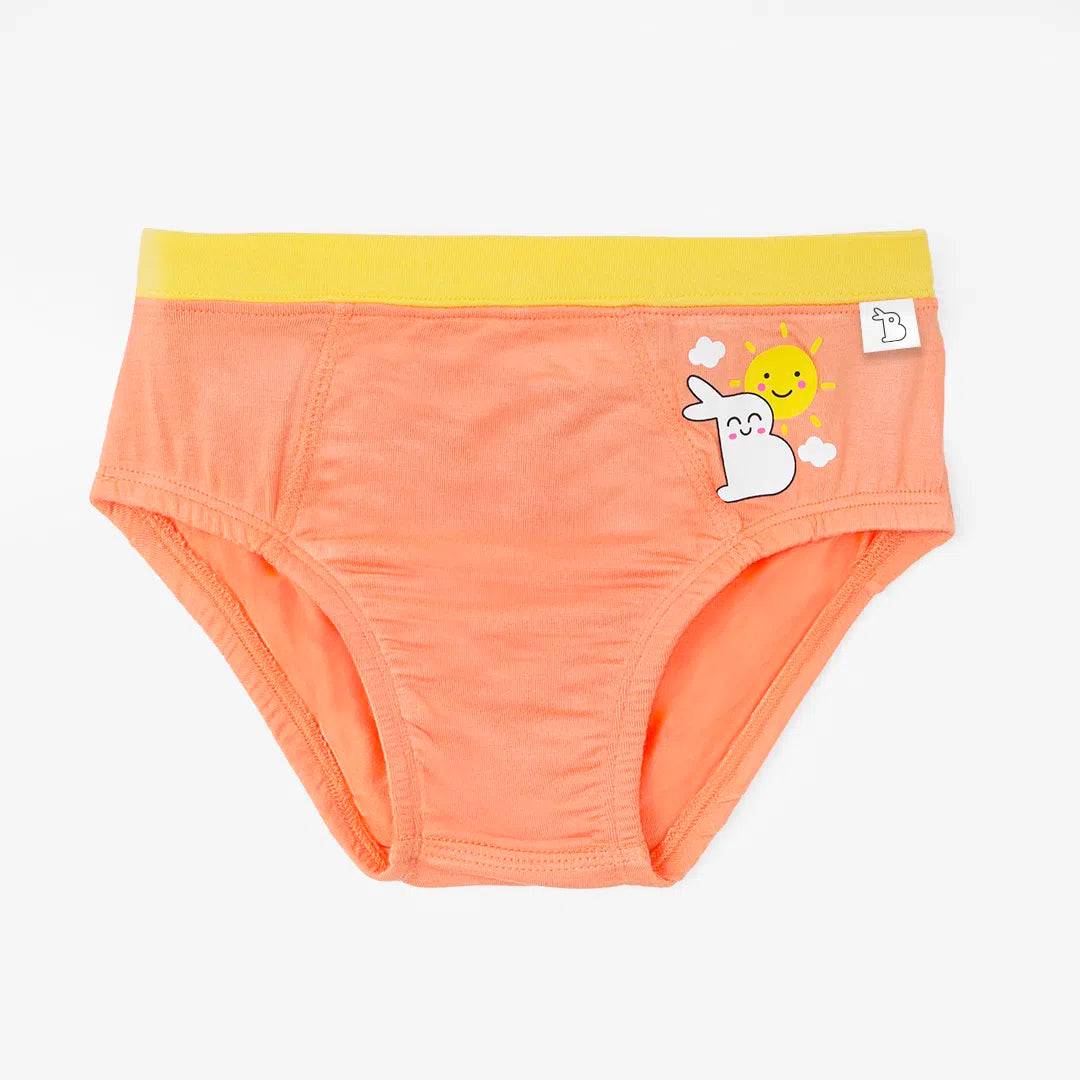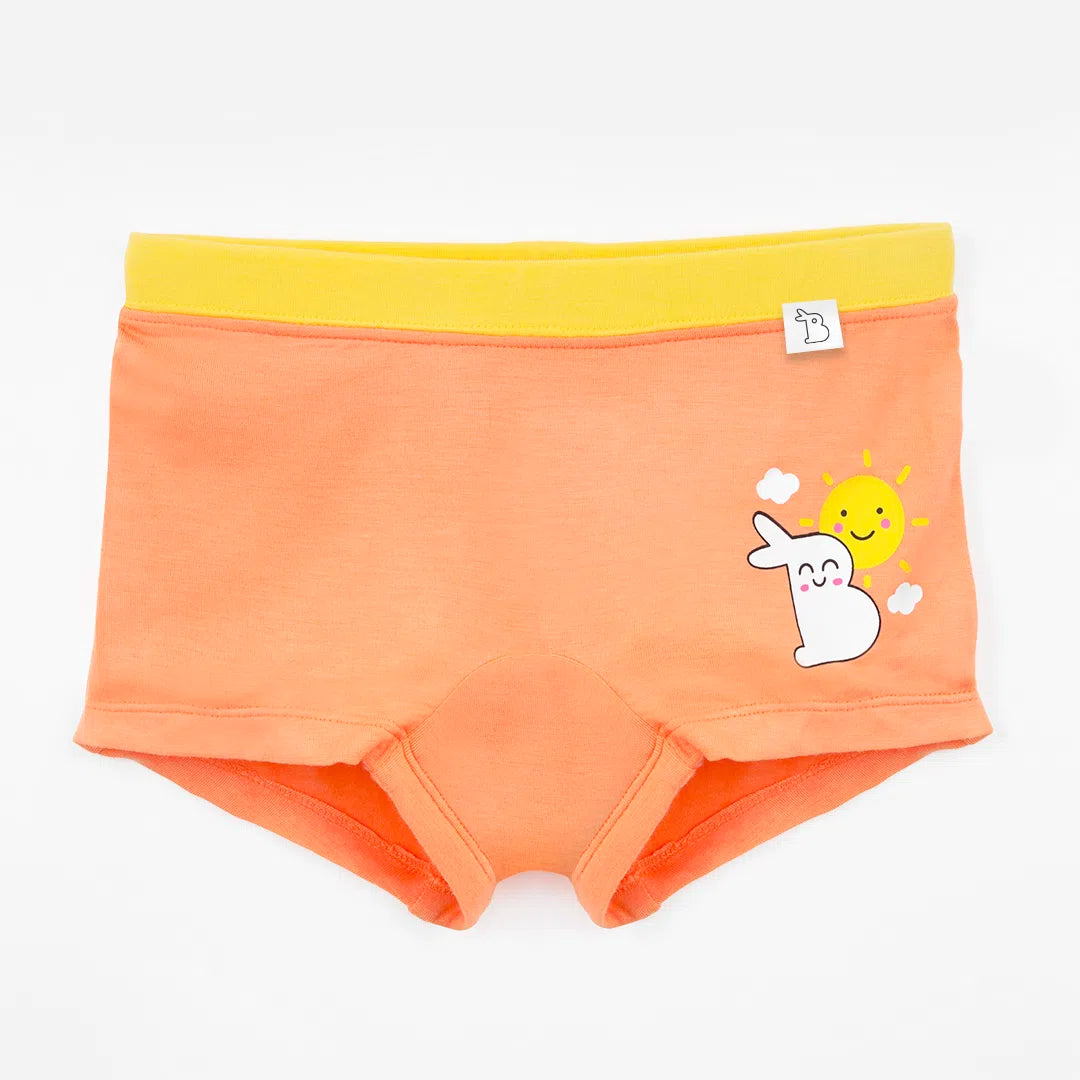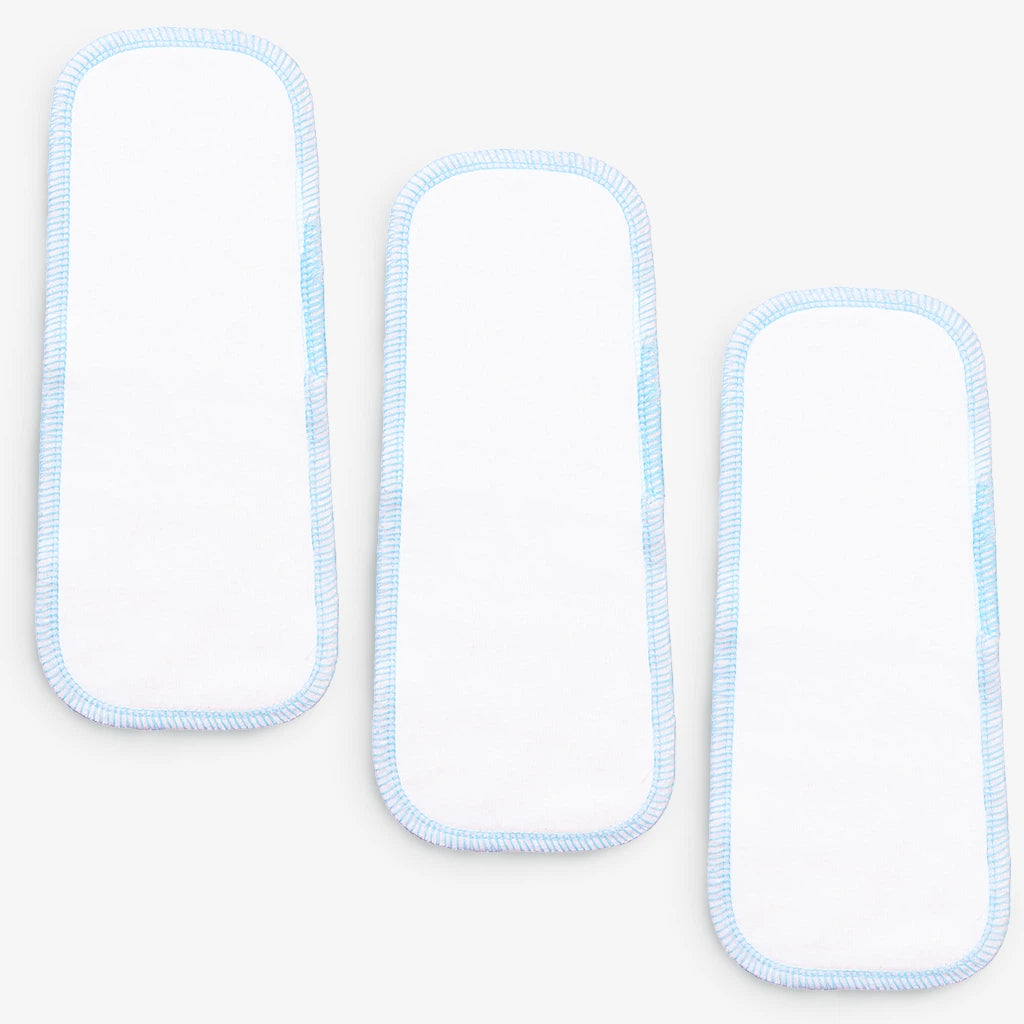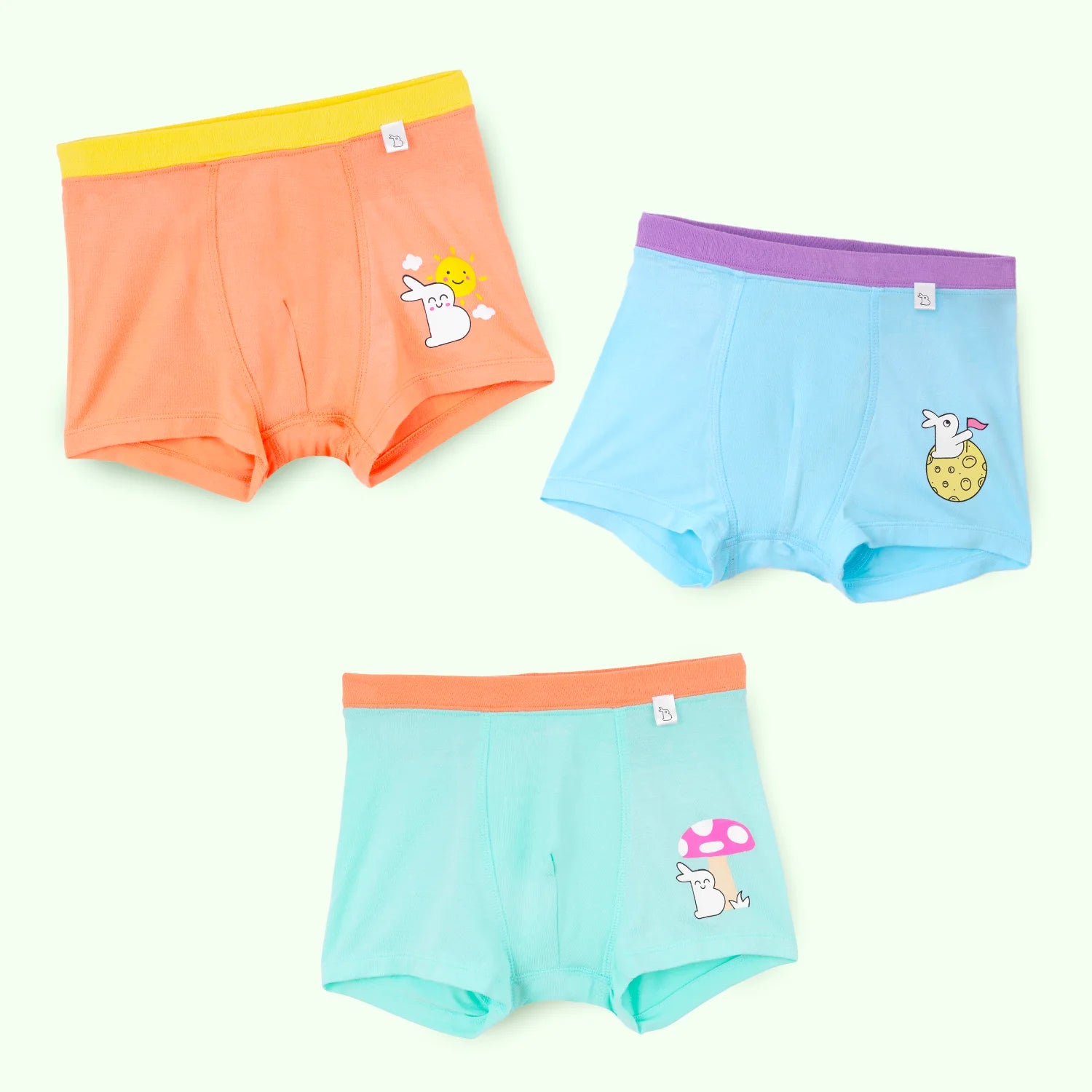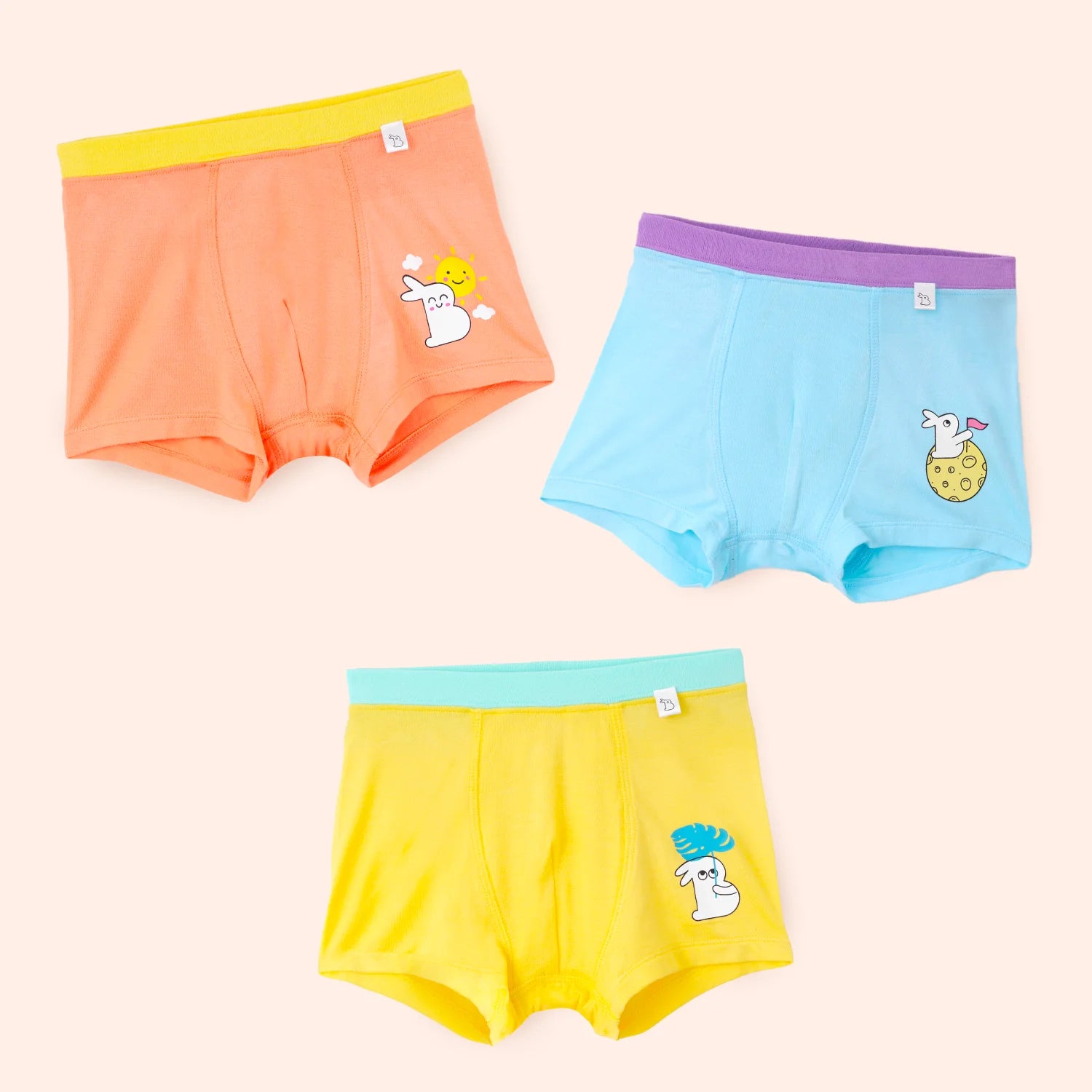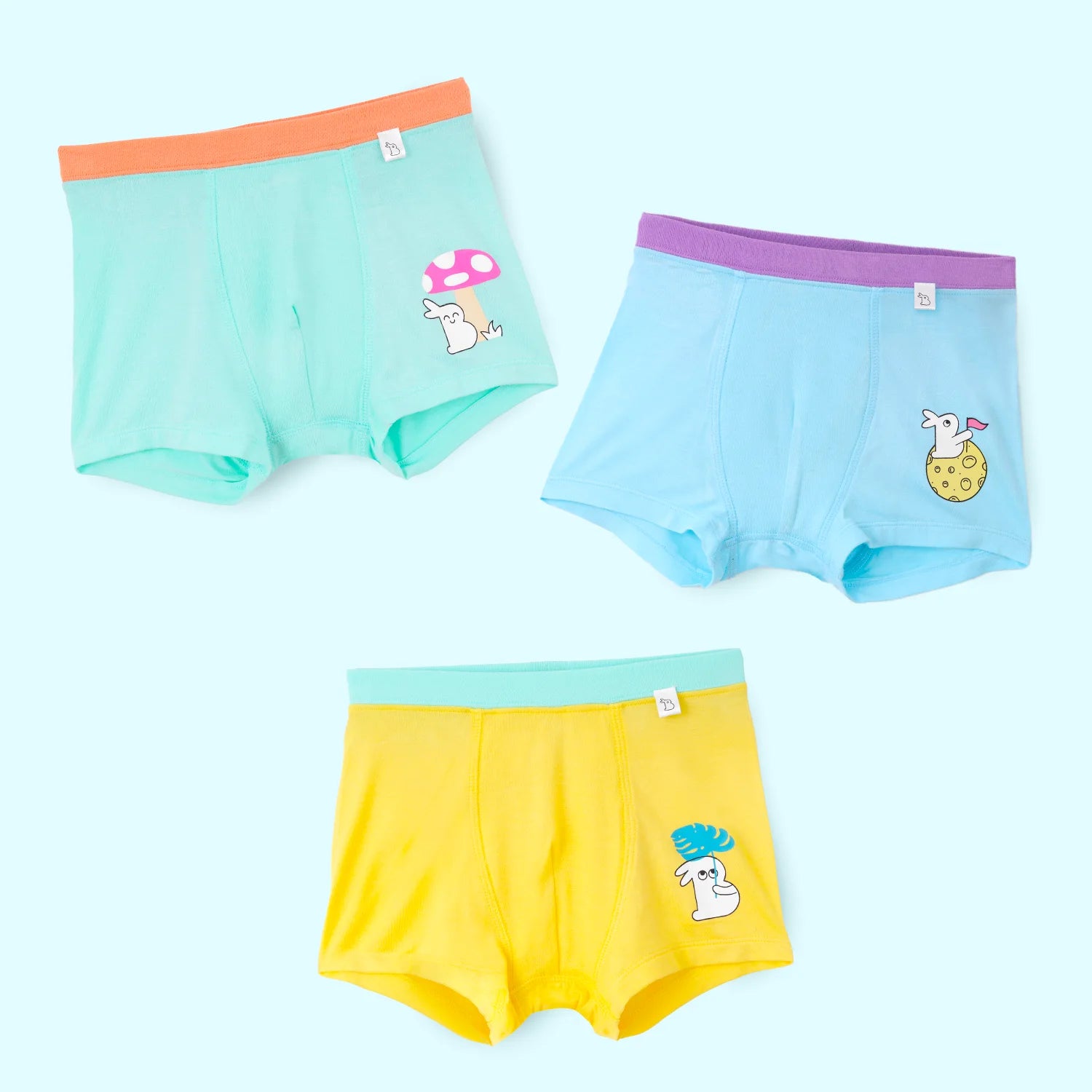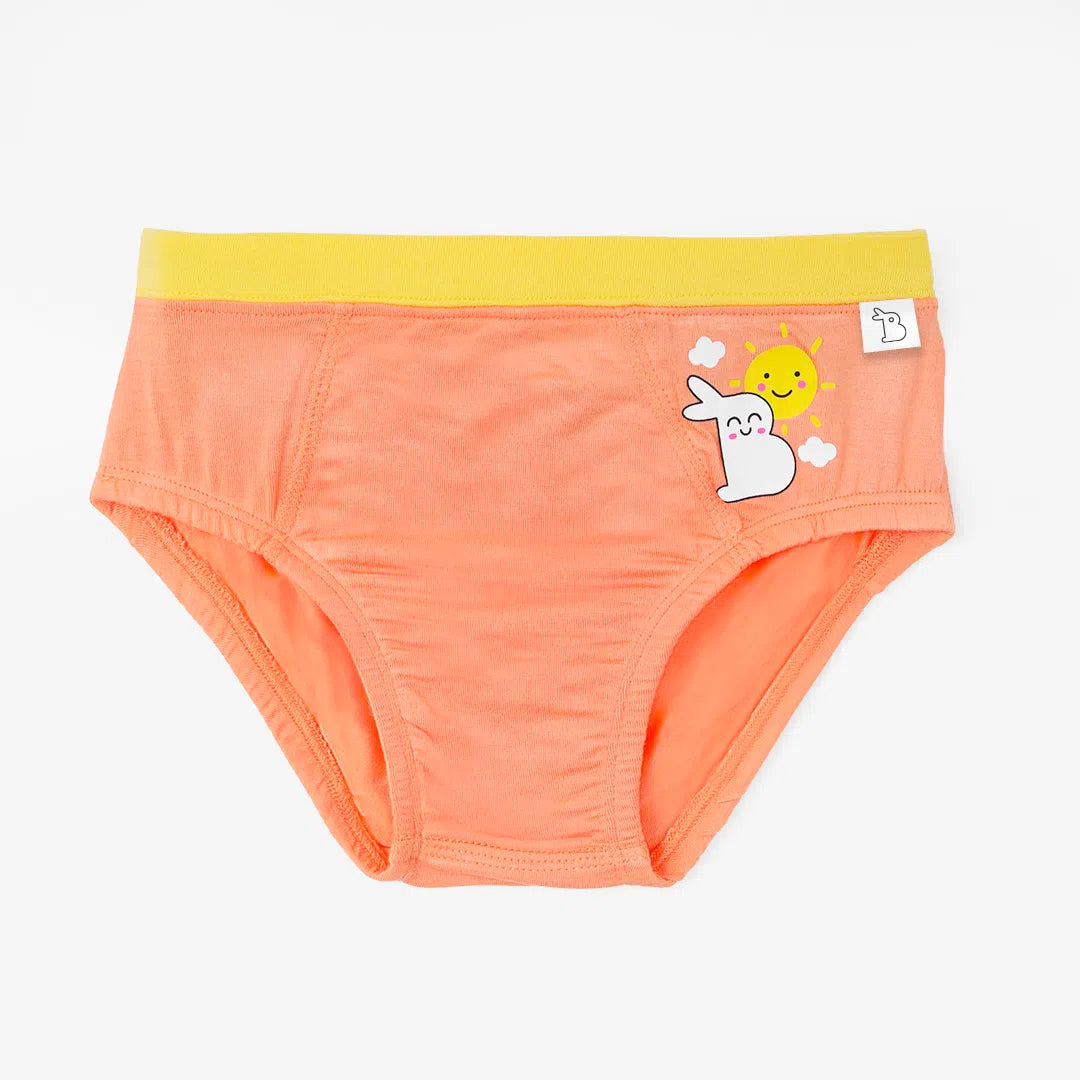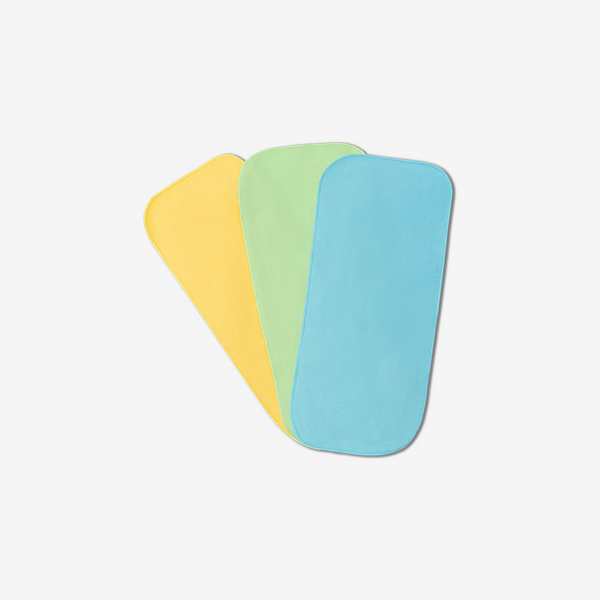- Introduction
- Reasons for Cluster Feeding
- Signs of Cluster Feeding
- How To Manage Cluster Feeding
- How to Stop Cluster Feeding
- When to Consult a doctor
- Key Takeaways
- FAQs
- Message From SuperBottoms
Mothers who breastfeed their kids know how fulfilling this experience is. It helps you bond with your child; it helps in providing essential nutrition for your babies. But sometimes, breastfeeding can also be highly exhausting. If you feel like your child has been continuously hungry lately, no matter how often you feed them.
They are incomplete; your baby might go through the cluster feeding phase. It is tiring and exhausting, but do not worry; this won’t last long! This article will discuss what cluster feeding means, how long it will last, what cluster feeding coping strategies are, and everything you need to know about cluster feeding!
Reasons for Cluster Feeding
Cluster feeding is a common phenomenon where babies feed frequently over a short period, often in the evening. While the exact cause isn't definitively understood, several theories as to what causes cluster feeding:
1. Growth Spurts: Babies experience rapid growth phases, requiring increased nourishment. Cluster feeding helps them meet these nutritional demands.
2. Comfort and Security: Frequent feeding can provide comfort and security for babies, especially during times of stress or discomfort.
3. Milk Supply Regulation: Cluster feeding can help regulate milk supply, ensuring the baby receives adequate nourishment.
4. Colic or Discomfort: Some babies may cluster feed due to colic or other forms of discomfort, seeking relief through sucking.
It's important to note that cluster feeding is a normal phase and doesn't necessarily indicate insufficient milk supply. Trust your instincts and respond to your baby's needs during this time.
Signs of Cluster Feeding
The most significant sign that will tell you that your baby is in the cluster feeding phase is that they will often feed for long hours. That is precisely what cluster feeding meaning is. But there are other signs and symptoms that your baby will experience, such as:
- Demanding feed within an hour of the last feed.
- Sleeping more extended hours than usual after feeding and getting up only to feed.
- Being fussy when you take the breast away, even if they have been feeding for an hour.
- Evening and nighttime feeds.
- The meal demand is clustered much more frequently than usual.
How To Manage Cluster Feeding
We may be repeating ourselves here, but cluster feeding is just a phase, and all you need to do is let your baby cluster feed and let the phase pass. Here are some strategies that will help you through the phase:
1 • If you feel like because of the constant feeding, you are in need to produce more milk, although your body is naturally equipped to deliver on-demand, you can try the Healthy Foods To Increase Breast Milk Supply
2 • Keep a bottle or jug of water near your bed or the feeding area. You might not get to get up if you are feeding in a lying-down position while your baby is feeding.
3 • Keep nipple cream, reusable breast pads and a warm bottle ready in case you feel pain, numbness or tear in the nipple area.
4 • Keep shifting the breast every 20-30 minutes to balance foremilk and hindmilk.
5 • Keep changing the breastfeeding position to avoid backache due to constant feeding.
6 • If you have an older child, make arrangements to keep them engaged and under supervision while you deal with the cluster-feeding phase.
7 • Ask all adults and family members to help with other work related to the baby or the home.
8 • Listen to music or read a book while feeding. Pick any activity that helps you keep calm and not stress about the situation.
9 • Keep extra sets of newborn langot ready, as more feeding will also mean more pees and poops.
When and How to Stop Cluster Feeding
It's important to understand that cluster feeding is a normal infancy phase and typically doesn't require intervention. While it can be demanding for parents, it's essential for establishing a healthy milk supply and meeting your baby's growing needs.
1 • Cluster feeding typically occurs during growth spurts: These periods usually last a few days and then subside.
2 • Trust your instincts: Your baby knows best when it needs to be fed. Respond to its cues and allow it to nurse on demand.
3 • Practice self-care: During intense cluster feeding periods, prioritise your well-being by resting when possible, eating nutritious meals, and seeking support from loved ones.
4 • Seek professional help if needed: If you're experiencing extreme exhaustion or concerns about your milk supply, consult a lactation consultant.
Remember, cluster feeding is temporary, and your baby will eventually settle into a more predictable feeding pattern. Embrace this special bonding time and trust your body's ability to provide for your baby.
When to Consult a doctor
Cluster feeding is a temporary phase that lasts a long time. You might enjoy the long hours of cuddling and snuggling with your baby. But if your baby is on your breast for more than an hour at a time and if the phase of cluster feeding lasts for more than 2 – 3 days, this might mean that your milk supply might be low, and your body’s natural milk production is not able to keep up with your baby’s hunger demands.
This would be when you should see a doctor or a lactation consultant and get this treated. Cluster feeding might be extremely exhausting, but this is just a phase and will pass soon. So, hang in there, stay calm and patient, and let your baby snuggle against you for comfort.
Key Takeaways
1. Cluster feeding is a normal phase: This period of frequent feeding is essential for your baby's growth and development.
2. Trust your instincts: Respond to your baby's cues and allow them to nurse on demand during cluster feeding.
3. Seek support: If you have concerns, don't hesitate to contact a lactation consultant or healthcare provider.
|
Limited Time Offers + Special Gift Sets! Now or never Super SALE is live on the SuperBottoms website! Take advantage of unbeatable value deals on our UNO Cloth Diapers, Baby Essentials, and more. Looking for the perfect present for a newborn or a toddler? Explore our thoughtfully curated Gift Sets & Combos — safe, skin-friendly, and oh-so-cute! A bundle of love for little ones and a delight for parents. HURRY — Deals and Gift Packs are live only till stocks last. Don’t miss the chance to stock up and share the joy! |
FAQs
Q1. Should I forcefully stop my child if he has been feeding for over an hour?
Ans. Forcing your child away from your breast to stop the cluster milk can lead to crying. Let them feed as long as they want, but do speak to your doctor or a lactation consultant to determine if your baby is not getting satisfied due to a low milk supply.
Q2. How long does cluster feeding last?
Ans. Cluster feeding typically lasts a few days during growth spurts. It's temporary and will eventually subside.
Q3. Is cluster feeding normal?
Ans. Cluster feeding is a normal part of infancy and shouldn't be a cause for concern.
Q4. How do I ensure my baby is healthy in the cluster feeding phase?
Ans. Could you keep an eye on their diaper count? As a disposable diaper might not help in such a situation, you might want to move to langot for newborns to ensure they have enough wet nappies throughout the day and are getting enough feed.
Message from SuperBottoms
Hi there, new parents! SuperBottoms brings you doctor-recommended cloth diapers — the best rash-free diapering solution for your baby’s sensitive and delicate skin. Unlike disposable diapers loaded with chemicals, our newborn cloth diapers, when used and washed properly, can help eliminate the risk of diaper rashes. SuperBottoms offers a wide range of safe, skin-friendly essentials for the whole family — including Reusable Cloth Diapers, Diaper Pants, DryFeel langots for diaper-free time, Padded Underwear for potty training, SuperSoft Underwear for everyday comfort, Joggers for playful days, and Period Underwear for women. Not just for everyday use, SuperBottoms products also make the best gifting choice for babies — thoughtful, eco-friendly, practical, and loved by parents. Now available on Amazon, Myntra, Flipkart, FirstCry, Zepto, Swiggy and Blinkit



